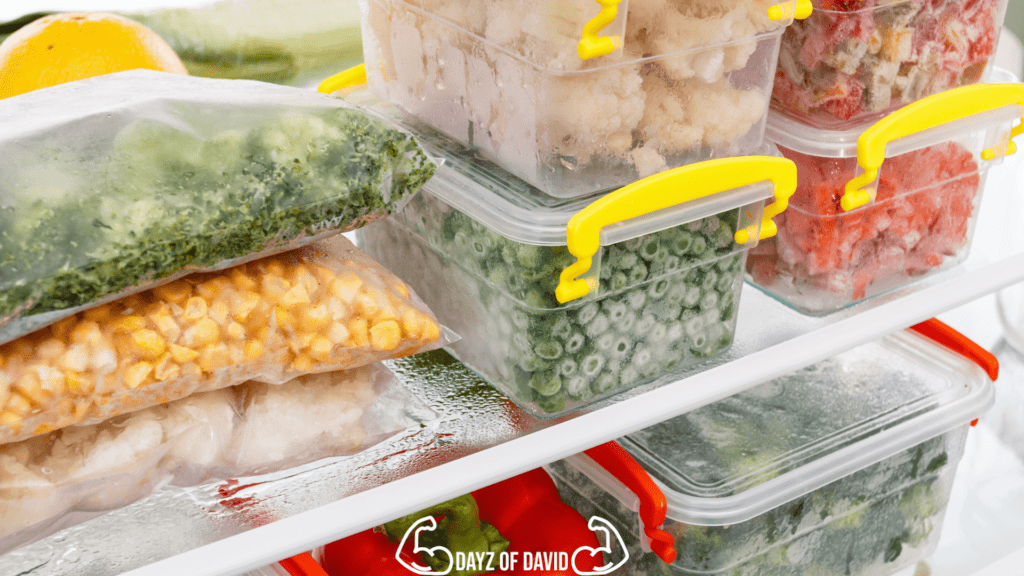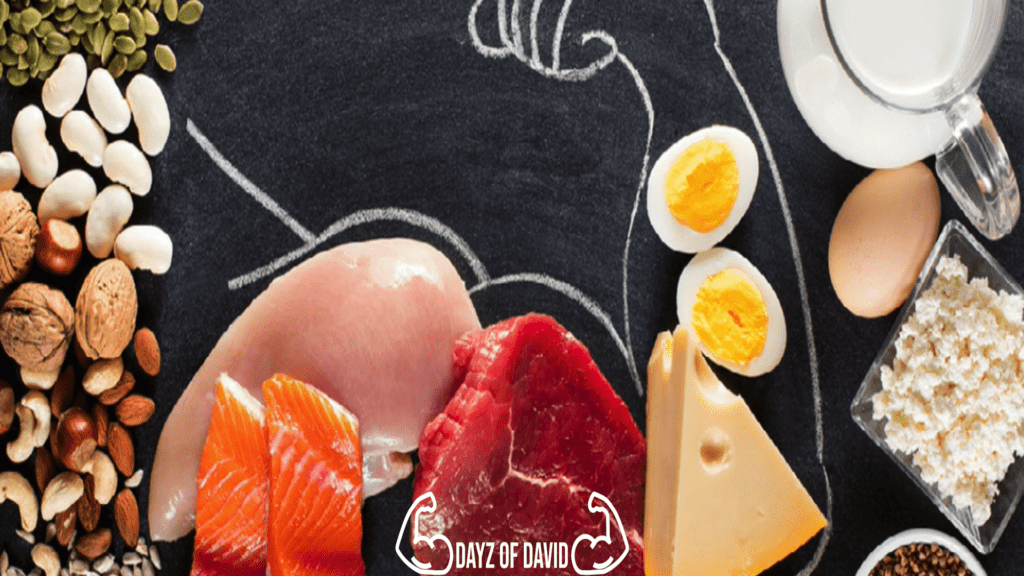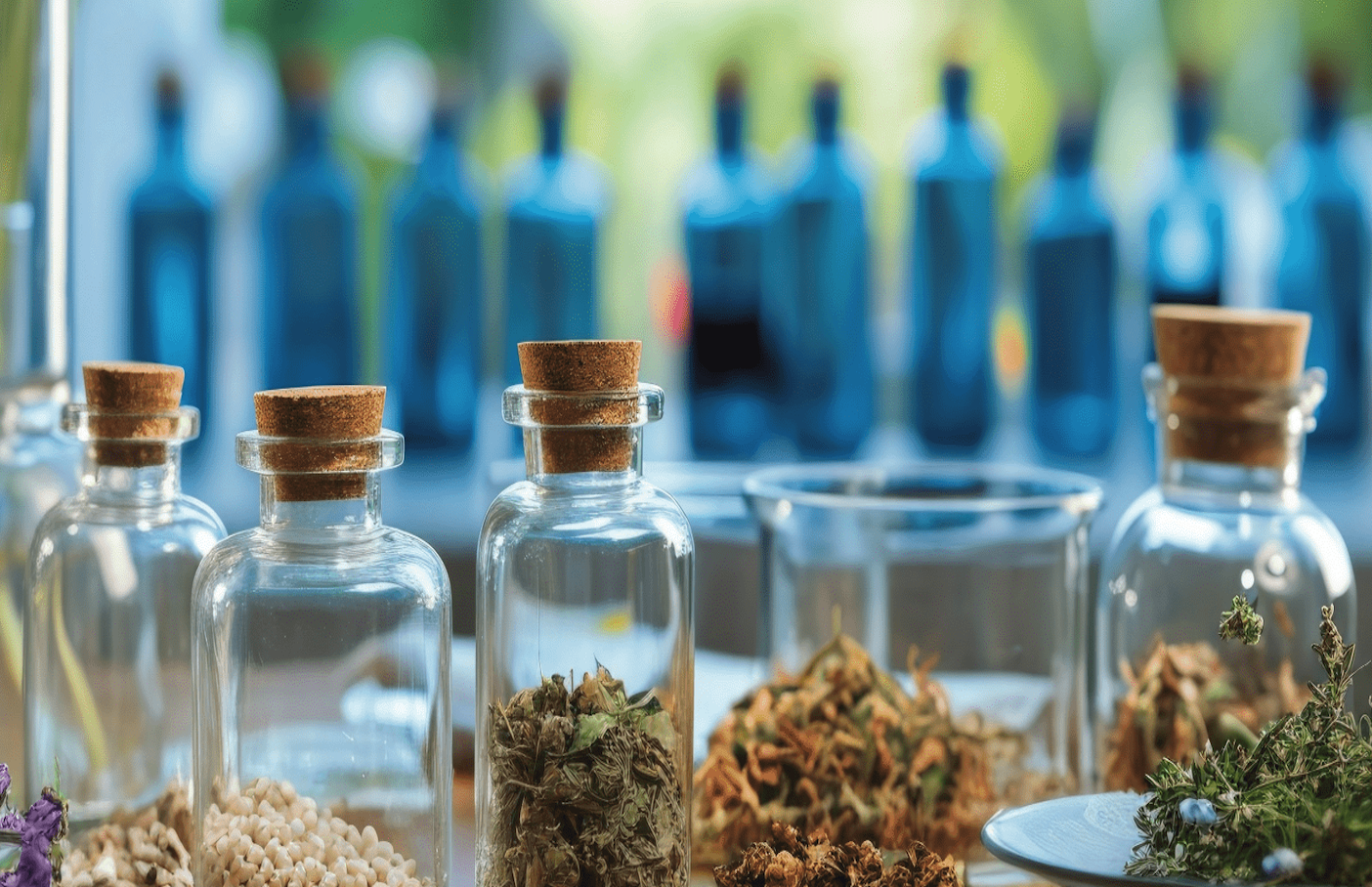Testosterone is a crucial hormone that plays a significant role in various aspects of men’s health, including muscle development, energy levels, and overall well-being. While there are numerous factors that influence testosterone levels, including lifestyle and genetics, incorporating specific foods into your diet can be a natural and effective way to support healthy testosterone production. In this comprehensive guide, we’ll explore seven foods known for their potential to boost testosterone naturally.
The Importance of Testosterone
Hormonal Optimisation is one of the main topics on this blog, so the importance of testosterone as the cornerstone of a man’s health is repeatedly emphasised. It’s a much deeper topic than this blog post allows, so get a free copy of The MANual Part 1 here. In the meantime, we’ll scratch the essentials in bullet points:
Hormonal Balance: Testosterone is a key hormone that contributes to the maintenance of muscle mass, bone density, energy levels, and libido.
Age-Related Changes: Testosterone levels tend to decline with age, and low levels may lead to various health issues, including fatigue, decreased muscle mass, and a reduced sense of well-being.
Optimised testosterone provides:
Decreased body fat
Increased muscle mass
Improved heart health
Increased bone density
Combats mental decline
Improves confidence
Improves sex drive
Symptoms of low testosterone:
Reduced sex drive
Erectile dysfunction
Shrinking testicles
Low or zero sperm count (azoospermia), which causes male infertility
Depressed mood
Difficulties with concentration and memory
Increased body fat
Enlarged male breast tissue (gynecomastia)
Decrease in muscle strength and mass
Decrease in endurance
Causes of low testosterone:
Food
Beverages
Lack of sleep
Less sex
Exercise
Alcohol
Stress
Poor sleep
Plastics (BPA)
That’s the short and curly of it (Sorry!) but as the saying goes, the devil is in the detail. So below, you can read about a number of foods that provide you with different vitamins, minerals and lots besides to keep your testosterone making abilities in top working order.

Foods Rich in Vitamin D
Fatty Fish (Salmon, Mackerel): Rich in omega-3 fatty acids and vitamin D, fatty fish supports overall health and may positively influence testosterone levels.
Egg Yolks: Egg yolks are a good source of vitamin D, essential for testosterone synthesis.
Zinc-Rich Foods
Oysters: Oysters are one of the best sources of zinc, a mineral crucial for testosterone production and maintaining healthy sperm.
Beef: Lean cuts of beef are high in zinc and protein, supporting muscle growth and testosterone levels.
Cruciferous Vegetables
Broccoli: Contains compounds like indole-3-carbinol that may help reduce estrogen levels, indirectly supporting testosterone balance.
Cabbage: Similar to broccoli, cabbage contains compounds that may have anti-estrogenic effects, promoting hormonal balance.

Healthy Fats
Avocado: Packed with monounsaturated fats, avocados support heart health and may contribute to healthy testosterone levels.
Nuts and Seeds: Almonds, walnuts, and pumpkin seeds are rich in healthy fats, zinc, and magnesium, all beneficial for testosterone production.
Pomegranate Juice: Studies suggest that pomegranate may have a positive impact on testosterone levels and overall reproductive health.
Antioxidant Properties: Pomegranate is rich in antioxidants, which may protect testosterone molecules from oxidative damage.
Garlic : Garlic contains allicin, a compound that has been linked to increased testosterone levels and improved sperm quality.
Heart Health: Garlic also supports cardiovascular health, which is indirectly linked to improved testosterone levels.
Lifestyle Factors for Optimal Testosterone
Regular Exercise: Incorporating both aerobic and resistance training into your routine can positively impact testosterone levels. There’s an entire article on this topic here: A Power Duo: The Synergistic Impact Of Aerobic & Resistance Training On Testosterone Levels
Adequate Sleep: Quality sleep is crucial for hormonal balance, including testosterone production. Aim for 7-9 hours of sleep per night. That’s covered in this article: Mastering Sleep For Hormonal Balance
Conclusion
While there’s no magical food that can instantly skyrocket testosterone levels, incorporating a variety of nutrient-dense foods into your diet can contribute to overall hormonal health. It’s essential to maintain a balanced and varied diet, engage in regular exercise, and adopt healthy lifestyle habits to support optimal testosterone levels. As with any dietary changes, it’s advisable to consult with a healthcare professional for personalized advice, especially if you have existing health conditions. By making informed food choices and embracing a healthy lifestyle, you can naturally support your body’s testosterone production and enhance your overall well-being.



